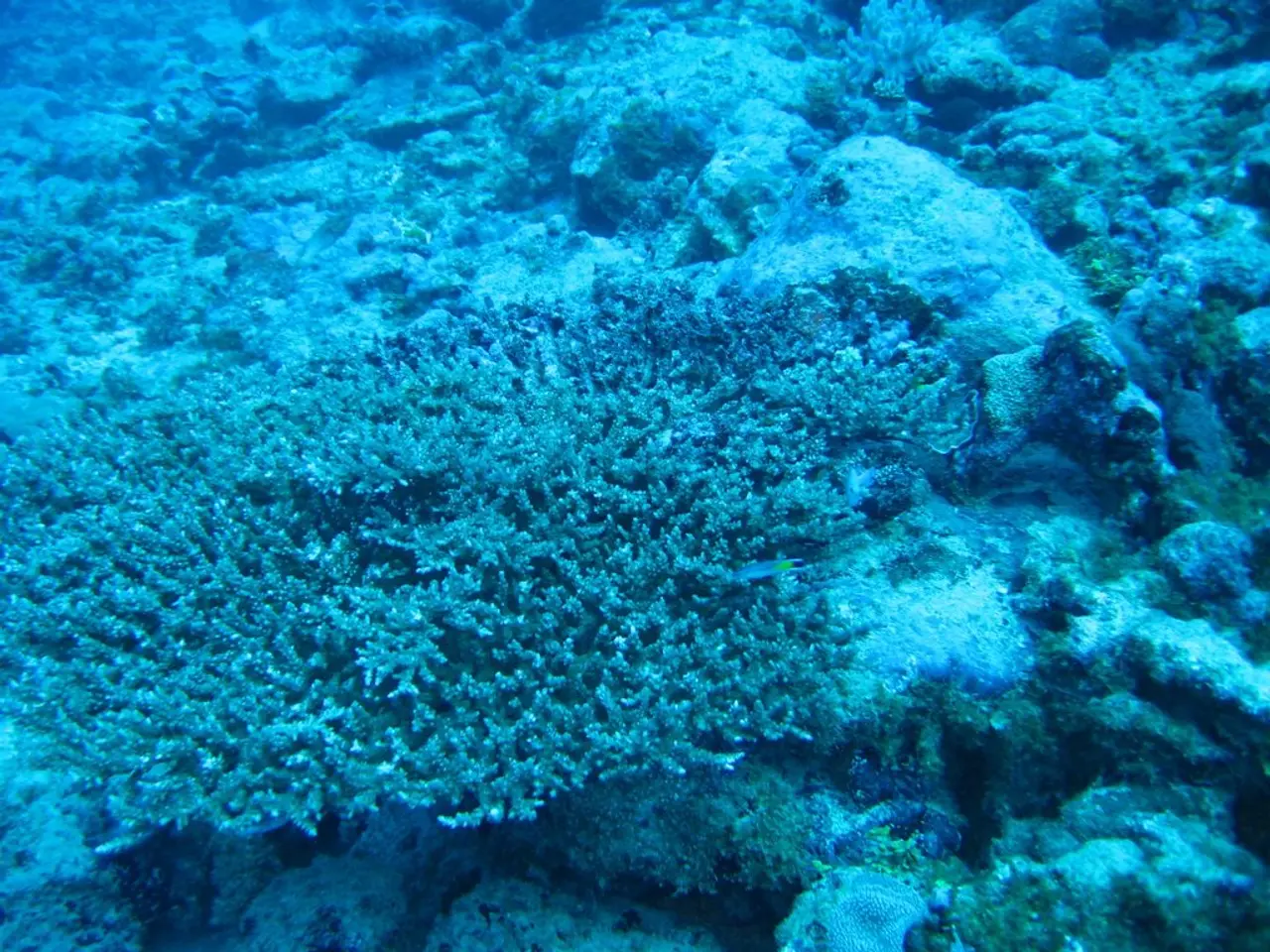Solar company First Solar abandons deep-sea mined minerals due to shareholder pressure
As of August 2025, the world is still waiting for a finalized regulatory framework for commercial deep-sea mining in international waters. The International Seabed Authority (ISA), the UN-established body responsible for regulating seabed mining beyond national jurisdictions, has yet to adopt the Mining Code despite ongoing discussions and pressure from industry stakeholders.
Environmental concerns remain central to the debate. Scientists and civil society groups emphasize the lack of credible evidence that mining can proceed without serious harm to deep-sea biodiversity and ecosystems, which are among the least understood on Earth. Calls for a moratorium on commercial deep-sea mining persist, asking for comprehensive impact assessments, transparent monitoring, and stronger regulations before permitting starts.
The economic rationale for deep-sea mining is also being questioned, especially with advances in battery technology and metal recycling reducing demand for new mineral extraction. A growing list of 60 companies and 30 countries have already agreed to a moratorium on deep sea mining.
Nationally, particularly in the United States, there is movement to streamline domestic regulations to promote exploration and production. The U.S. National Oceanic and Atmospheric Administration (NOAA) proposed a significant update in July 2025 to consolidate the application process for exploration licenses and commercial recovery permits under the Deep Seabed Hard Mineral Resources Act (DSHMRA), aiming to reduce administrative delays and promote industry development. The Trump administration issued an executive order to fast-track seabed mining licensing and permits domestically and encouraged expediency for companies like The Metals Co. However, this has been criticized as potentially violating international law by bypassing ISA authority.
Regarding companies like First Solar and As You Sow, there is no direct information linking these specific companies to deep-sea mining activities or regulatory debates as of 2025. First Solar is primarily known for solar energy technology, and As You Sow is an environmental advocacy organization focusing on corporate responsibility. Their involvement might be more on the environmental watchdog or advocacy side rather than direct mining operations, but this is not explicitly confirmed by the search results.
First Solar has committed to exclude minerals mined from deep-sea production and supply chains due to environmental concerns. As You Sow has withdrawn a shareholder proposal with First Solar regarding the use of deep-sea mined minerals and is currently engaging with companies in key sectors to implement sourcing policies that exclude deep-sea mined minerals.
Progress is expected to be made at some point this year regarding the finalisation of the deep sea mining code by the ISA. The practice of deep sea mining potentially disrupts entire food webs, releases sediment plumes laced with toxic metals, and increases the speed of climate change by releasing long held carbon stores. The situation remains dynamic, with international governance cautious and holding off commercial mining to better safeguard marine ecosystems, while certain national governments like the U.S. push to expedite regulations to develop seabed mining capabilities within their jurisdiction.
- The financial sector is closely watching the progress of the Mining Code in the International Seabed Authority, as the regulatory framework for deep-sea mining can potentially impact investments in the industrial sector.
- In the field of environmental science, there is growing interest in studying the impact of deep-sea mining on climate change, considering the potential release of carbon stores and the disruption of deep-sea biodiversity.
- Companies in the renewable energy sector, such as First Solar, are taking proactive steps to avoid deep-sea mining, recognizing the potential environmental risks and emphasizing the importance of sustainable practices in their supply chains.




